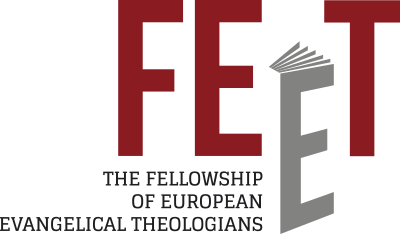EJT April 2020
Issue 29.1 of the European Journal of Theology contains six major articles and the usual book reviews. Svetlana Khobnya offers a missionary reading of 1 Peter, arguing that even the instructions to slaves, husbands and wives (the household codes) encourage social engagement and are missionally relevant for today.
Bernhard Reitsma argues that in response to the presence of Muslims in Europe, Christians must light a candle rather than curse the darkness, putting God’s revelation in Jesus at the centre. Although Islam can be recognised as an Abrahamic religion, fundamental differences concerning the nature of God and of salvation cannot be ignored.
In a provocative yet fact-based article, Chris Frost offers biblical, historic and business principles for the remuneration of church ministers in England which are universally applicable. Christof Sauer discusses challenges to freedom of religion and belief in Europe, showing that even western-European countries give cause for concern. Problems identified include stereotyping, violence, state control of religious practices and the exclusion of religion from public life. Appropriate Christian responses are discussed.
Jonathan Cole attempts to offer a theological framework for the dialogue between the Orthodox churches and the Evangelicals. He advises on how the asymmetrical theological relationship between the two can be circumvented. Andrew P. Campbell shows the relevance of P.T. Forsyth for the contemporary debate on the theology of the atonement. The article offers criticism of theologians who advocate a non-violent atonement. Forsyth was well aware of the political and moral dimensions of the doctrine of atonement, which should issue in the transformation of society.

